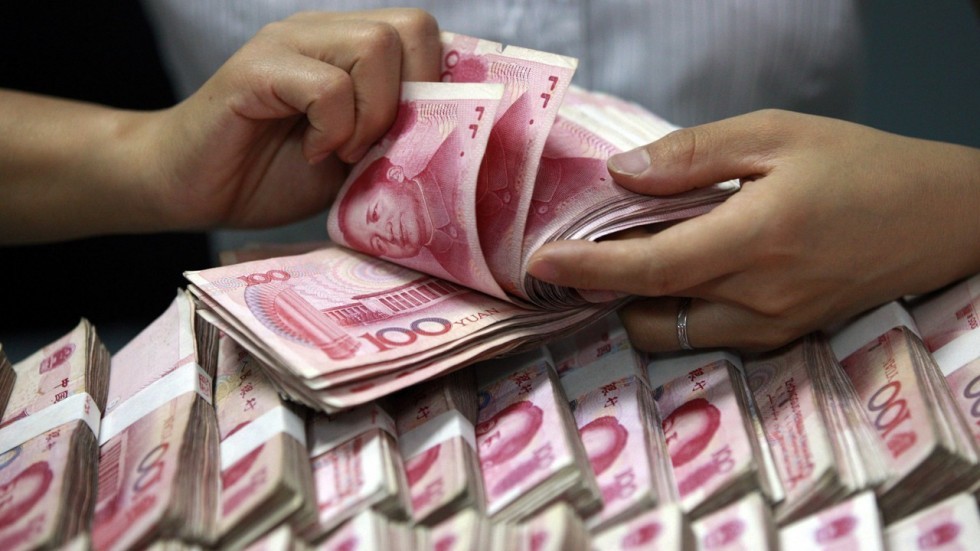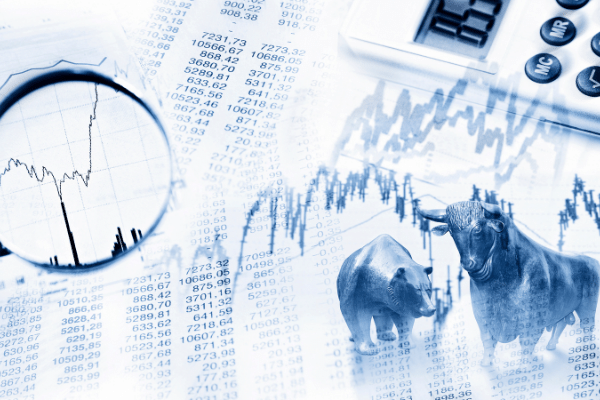
-
Growing mountain of debt has left Beijing with fewer options other than to cut back fiscal stimulus to prevent the economy from becoming unbalanced
-
Chinese state-owned enterprises likely to come under pressure as Beijing withdraws stimulus but fortunately has shown little appetite to hike interest rates which could have devastating effects on the Chinese market and economy.
It ends where it started.
As the epicenter of the devastating coronavirus pandemic, China was also one of the first countries to bring it to heel, and now looks set to be the first economy to also unwind its economic stimulus efforts.
Beijing has expressed concern about an overheating housing market and wants to prevent bigger imbalances, just as the Chinese stock market saw several setbacks in the past few weeks before intervention by Beijing helped with some recovery.
China’s debt load has ballooned since the 2008 financial crisis and Beijing is anxious to whittle down borrowing, both in public and private markets.
But the Chinese economy might suffer withdrawal symptoms, especially from any sudden pullback in stimulus.
If mishandled, China’s tightening could impair its recovery, which would crimp the global economy, even as the U.S. looks set to inhale imports as it wakes from its pandemic slumber. China’s plans could also create wider problems if more debt defaults or a sharper correction in stock markets are triggered, at a time when global investors are already jittery with recent spikes in U.S. Treasury yields.
For those reasons, economists say, China is likely to move slowly, gradually tightening credit in certain parts of the economy while avoiding more brutish moves like raising interest rates.
China signaled its intentions during annual parliamentary meetings held earlier this month, setting its target for 2021 gross domestic product growth at “above 6%,” a relatively low rate given the economy’s momentum and a sign that Beijing wants flexibility to withdraw stimulus in the coming months.
China lowered its fiscal deficit target—the gap between government spending and revenue—to 3.2% of GDP this year, from 3.6% in 2020 – a smaller deficit suggests a more restrictive fiscal policy.
The government also cut the quota for local government special bonds, a type of off-budget financing to fund local investments like infrastructure, to approximately US$560 billion, down from US$576 billion last year. Beijing didn’t announce further issuance of special central government bonds this year, after selling approximately US$154 billion of such bonds in 2020.
Beijing’s emergency measures last year included cutting taxes to help small businesses and ordering banks to extend more loans and while impressive, still amounted to far less a share of GDP compared to the U.S. and many other developed economies.
At the end of 2020, China’s total fiscal spending on pandemic stimulus was about 6% of its GDP, versus 19% for the U.S., according to IMF calculations. Many economists expect China’s central bank, the People’s Bank of China, to tame the pace of new credit issuance rather than raise key interest rates, which would risk attracting speculative money inflows that can fuel dangerous asset bubbles.
The central bank has pledged to keep its monetary policy prudent and flexible, while avoiding flood-like stimulus.
Tighter credit could potentially cause more defaults among state-owned enterprises, and even typically bulletproof stocks such as liquor maker Kweichow Moutai (-1.07%) have been whipsawed in recent weeks, as Chinese investors try to decipher Beijing’s moves.
Many state-owned enterprises are heavily indebted, and local governments, which have their own debt problems and, in many cases, own the bulk of that debt, are increasingly wary of bailing them out.



